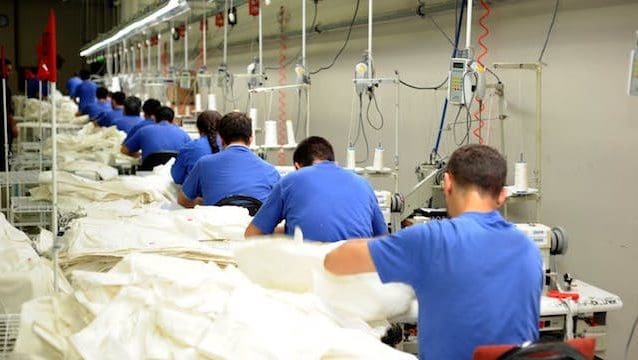Two university researchers in the UK analyzed 101 company statements published under the UK Modern Slavery Act, uncovering major gaps in reporting.
Rosanna Cole from the University of Surrey and Mark Stevenson from Lancaster University write that most statements are vague and unhelpful, especially because global companies, or buyers, are largely unwilling to admit their mistakes.
“Buyers cannot easily support or allow for solutions to modern slavery discoveries without admitting fault – as any response other than reporting it to the appropriate authorities could be interpreted as being complicit in criminal activity” they write.
Urge Australia to pass a strong Modern Slavery Act.
The UK Modern Slavery does not have fixed requirements on what companies need to report, though it is suggested that they include information on policies on modern slavery, due diligence, vulnerable parts of their supply chain, and steps taken to address this problem.
Cole and Stevenson explain their main findings in The Conservation:
The most common response to the discovery that a supplier is not meeting a buyer’s expectations is to put a plan in place to remedy this. A series of corrective actions are agreed, planned over a reasonable timeframe, supported by the buyer and overseen by regular follow-up audits. For example, an investment into the equipment workers are using may be agreed upon.
In reality, this is not as good a solution for modern slavery as it is for other, often more minor social issues. Issues like blocked fire exits or poor chemical safety are easy for companies to identify and their suppliers to fix – without causing too much of a public relations headache (unless they are only identified in the aftermath of a major disaster).
But something as criminal and deliberate as forced labour makes it hard for buyers to act in any other way than reporting it to the appropriate authorities and cracking down on it. So the intangible element of how workers are treated, which can be difficult to evaluate, may offer greater temptation for the supplier (or their supplier) to hide violations.
Notably, they also found that only 62% of the 101 company statements were signed by the board of directors despite this being a requirement under the Modern Slavery Act, raising the question if modern slavery is simply seen as a problem for the procurement department.
Furthermore, Cole and Stevenson argue that buyers can in fact drive labor exploitation by driving down supplier prices and demanding faster production from their suppliers.
“These practices play a big role in pushing suppliers to pursue cheap labour solutions and illicit subcontracting.”
Join us in asking Australia to pass a strong Modern Slavery Act.







Freedom United is interested in hearing from our community and welcomes relevant, informed comments, advice, and insights that advance the conversation around our campaigns and advocacy. We value inclusivity and respect within our community. To be approved, your comments should be civil.